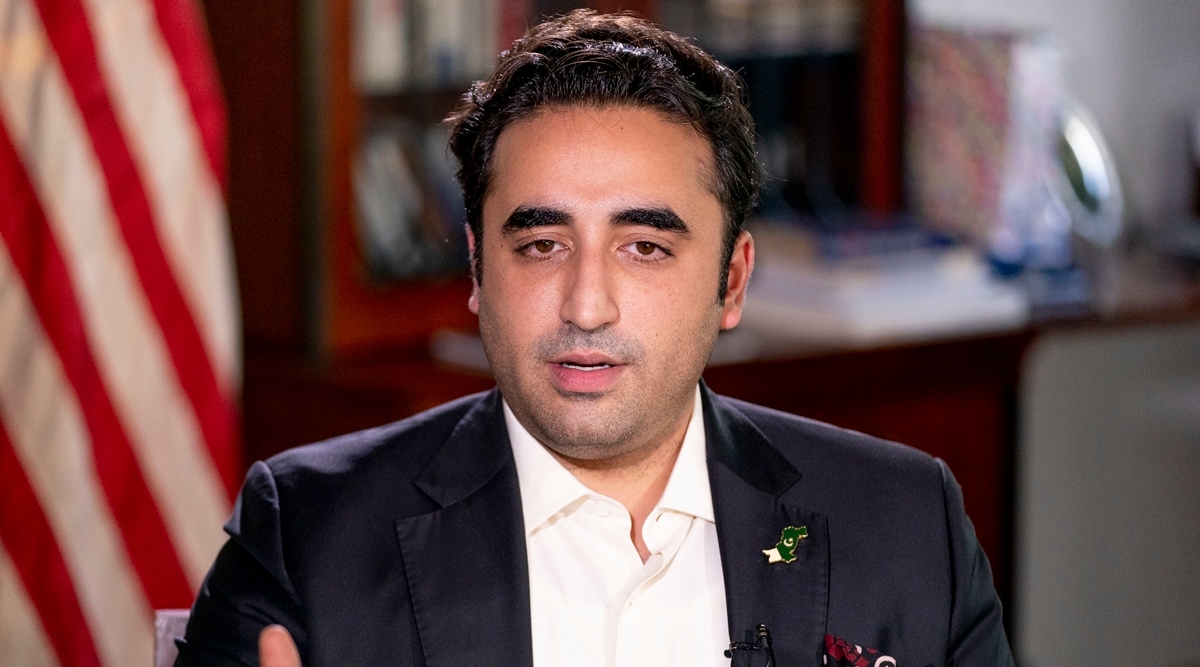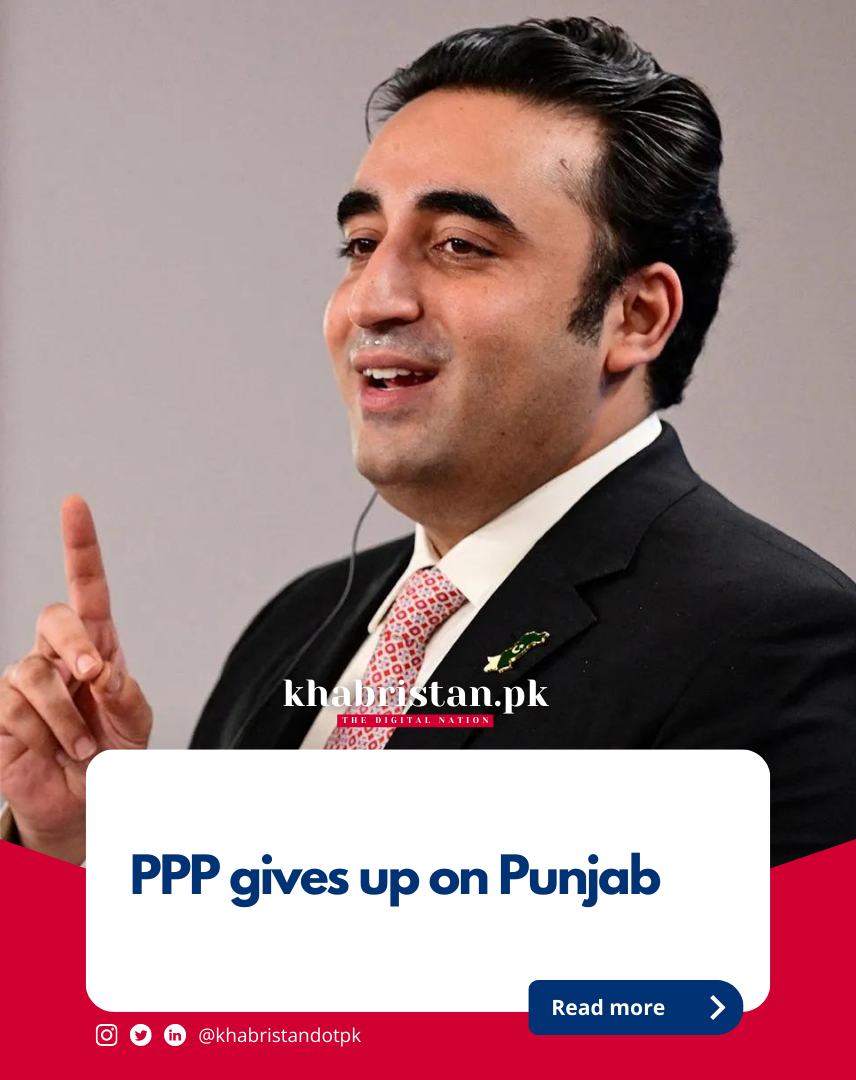The Pakistan Peoples Party’s aspirations of a resurgence in Punjab appear to be dwindling, with their leader suggesting that their best option is to embrace electable candidates to enhance their standing in the province. This move is viewed as a strategy to place the PML-N in a position of power through this election-cum-selection process.

Acting Central Punjab President Rana Farooq Saeed has criticized the party’s decision to support the digital census, labeling it a “grave mistake” that will negatively affect them as well.
An anonymous PPP leader revealed that Chairman Bilawal Bhutto Zardari and Co-chairman Asif Ali Zardari had frequently visited Lahore with the goal of strengthening the party’s position in the province. Initially, they had planned to attract electable candidates from the Pakistan Tehreek-e-Insaf (PTI) to their party, but the formation of the Istehkam-e-Pakistan Party changed their strategy. They believed that, with PTI and IPP competing against each other and the declining popularity of the PML-N, they could make headway in Punjab. However, these hopes were dashed when they observed the establishment’s support for the PML-N and the apparent ban on the PTI in politics.
The PPP did make efforts to recruit electable candidates from other parties, and the Islamabad High Court’s decision raised concerns across all political parties. This decision seemed to indicate that the establishment was backing Nawaz Sharif for a fourth term as prime minister.
Initially, the PPP had aimed to increase its provincial seats from seven to around 50. However, with the establishment’s support for the PML-N and their determination to undermine the PTI, these prospects appeared bleak. The PPP believed that Saudi Arabia’s backing reduced the likelihood of any foul play by the establishment, at least for the time being.
The establishment’s support for the PML-N was rooted in their desire to counter the PTI, as they believed that allowing Nawaz Sharif to become prime minister again and continue spending on construction projects using borrowed funds was the way to diminish Imran Khan’s popularity. This support was expected to extend to massive rigging during the elections.
Despite concerns, it is believed that the election will proceed, and the IPP is expected to face a fate similar to the Pak Sarzameen Party.
When asked if the PPP was conceding defeat in Punjab, an office bearer acknowledged that the party’s members generally believed they would not make significant gains in the province, and their leadership’s efforts might not yield results in the upcoming elections.
The acting central Punjab president emphasized that they had not lost hope, even though it was evident that the establishment was intent on facilitating Nawaz Sharif’s return to power, potentially at the cost of bypassing the Constitution, which he viewed as a threat to the unity of the state.
In reflection on their decision to approve the census during the CCI meeting, one PPP leader expressed regret, considering it a grave mistake and, to some extent, a crime. They acknowledged that this decision would have consequences, affecting not only others but also their own party.








Leave a Comment